Publications
Articles, publications, books, tools and multimedia features from the U.S. Institute of Peace provide the latest news, analysis, research findings, practitioner guides and reports, all related to the conflict zones and issues that are at the center of the Institute’s work to prevent and reduce violent conflict.
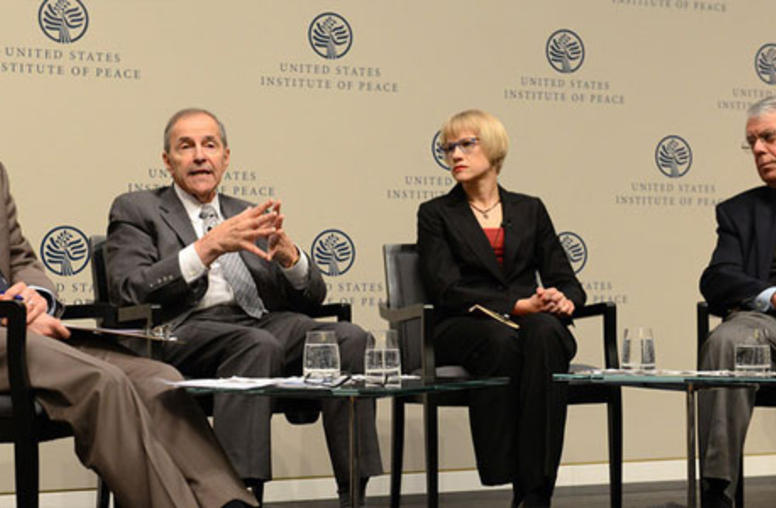
South Sudan Crisis, Ways Forward Analyzed at USIP
Though the immediate diplomatic focus should remain on arranging a cease-fire, a longer-term political process to overcome the crisis in South Sudan will need significant involvement by the international community, particularly the United States, members of an expert panel said at the U.S. Institute of Peace (USIP) on January 10.
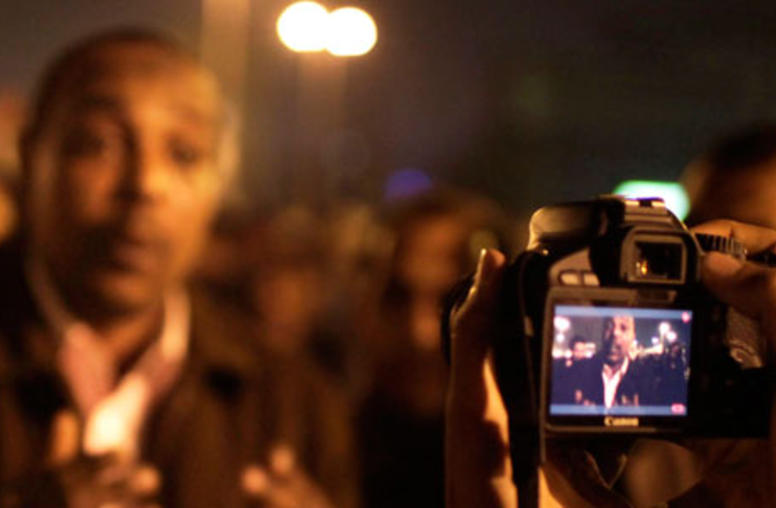
The Parochial Web
In July 2010, renowned Internet research scholar Ethan Zuckerman gave a TED Talk on “Listening to Global Voices.” He describes how, while the infrastructure of the Internet might create new opportunities for us to have conversations across geographic and cultural boundaries, in reality, we tend to connect with people most like us. As in the offline world, on the Internet, birds of a feather flock together.
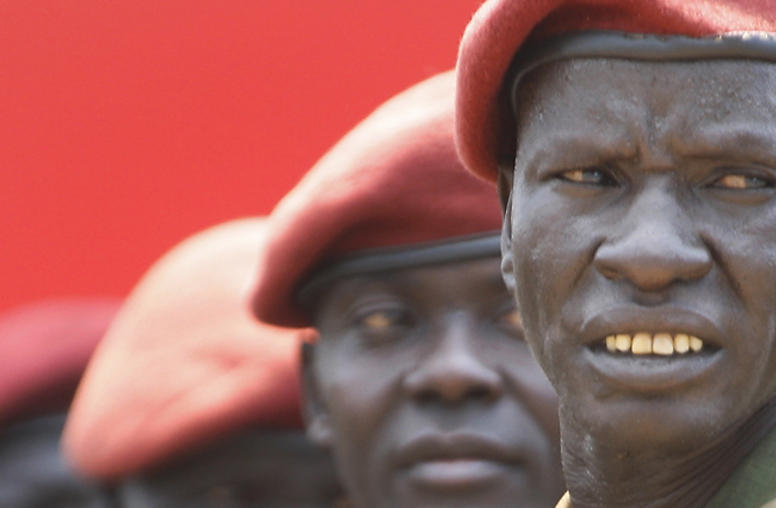
Terms of Endurance
Only two and a half years removed from its birth, South Sudan is in crisis. A dispute between President Salva Kiir and Riek Machar, his former vice president, has quickly taken on ethnic overtones and escalated into widespread fighting, with dire consequences. Over 1,000 people have been killed -- perhaps many more -- with another 200,000 displaced. The national army has split in two and is essentially fighting itself. Forces loosely aligned with Machar control several key parts of the countr...
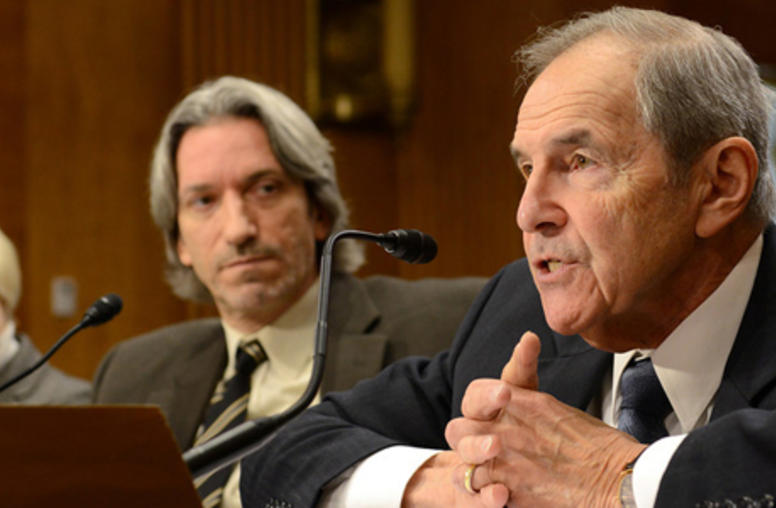
South Sudan Crisis Requires More Active U.S. Role, USIP’s Lyman Says
U.S. officials and senators warned that South Sudan’s warring leaders risk losing American backing unless they end violence that has killed more than 1,000 people in the past month, and experts such as the U.S. Institute of Peace’s Princeton Lyman urged that the international community take a more assertive role.
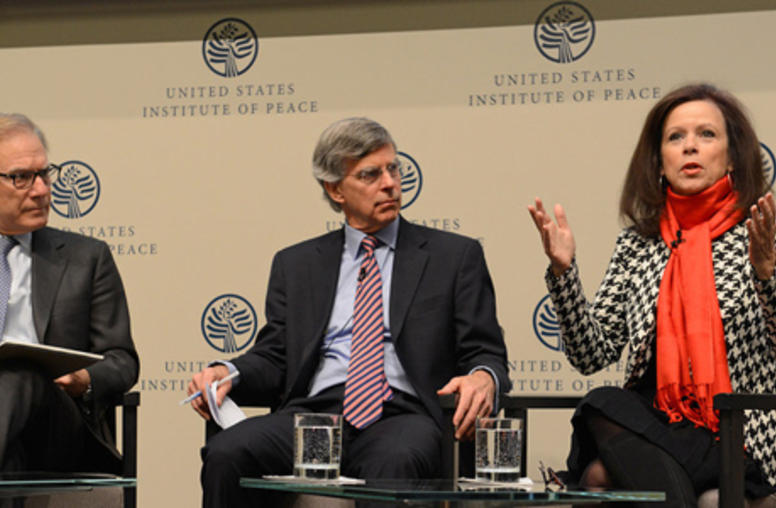
Wright, Ignatius Analyze Iran Developments
Prospects for a long-term nuclear deal with Iran are better today than in decades because of a new government of “realists,” growing social problems and economic pressure, according to two veteran journalists who recently returned from Iran. But they also told an audience at the U.S. Institute of Peace (USIP) on January 9 that a final breakthrough faces tough opposition in both Iran and the United States.
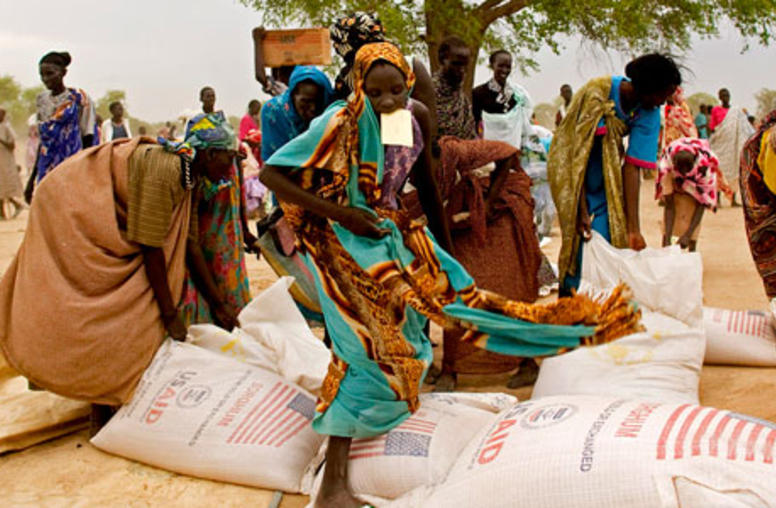
Strengthening Women’s Influence in Transition: Beyond Skills and 'Accountability'
Programs to strengthen the role of women in transitional countries must focus not only on helping women build necessary technical skills but also on targeting decision-makers who can support women’s participation. Those are the conclusions from a meeting of international organizations working in locations such as Yemen, Nigeria, Sudan and South Sudan.
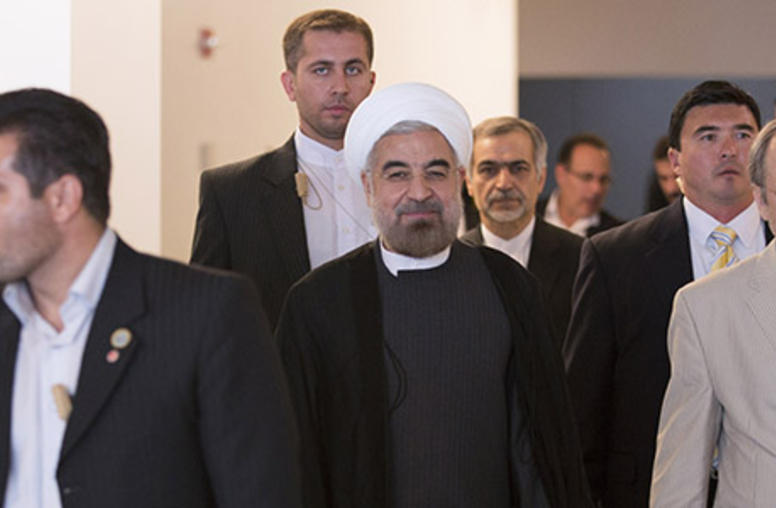
A Moderate Proposal
2014 promises to be a make or break year for U.S.-Iran policy -- and for the very future of Iran itself. Indeed, the Obama administration's capacity to influence events in the wider Middle East will hinge, in part, on whether it can negotiate the November 2013 Interim Nuclear deal to a final agreement.
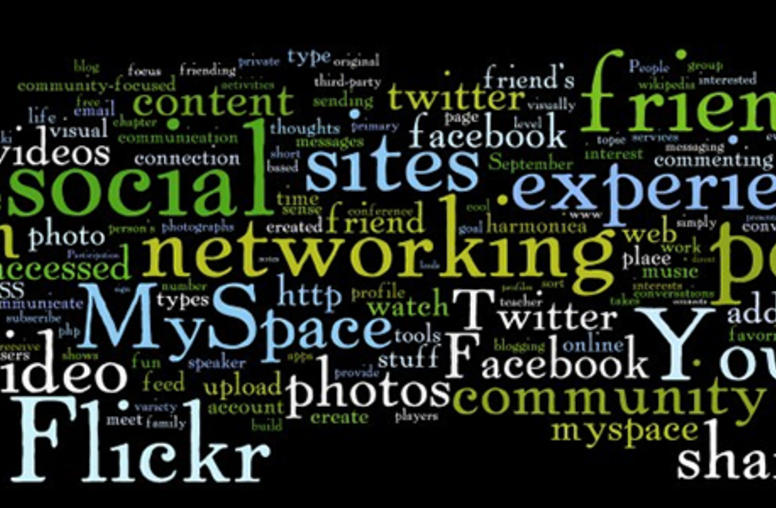
The Real eHarmony
When 2013 began, there was still smoldering controversy over the Innocence of Muslims movie "trailer" that had gone viral, sparking riots across the Middle East that left 50 dead and reportedly fueling the attack on the U.S. diplomatic mission in Benghazi. A year prior, an attack on a United Nations compound in Afghanistan that left at least 12 dead was spurred by the pastor of a tiny church in Gainesville, Fla., who publicized his planned Quran burning online.
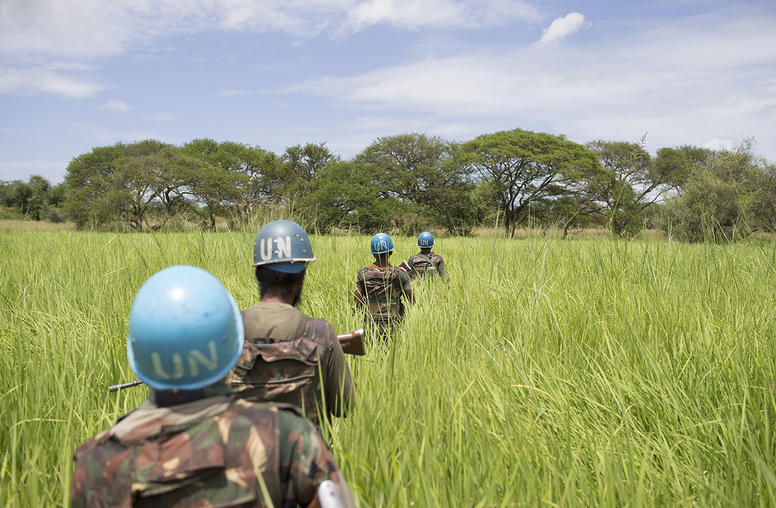
South Sudan's Crisis Reflects Longstanding Tensions
Jacqueline H. Wilson, a senior program officer in USIP’s Academy for International Conflict Management and Peacebuilding, examines the current violence in South Sudan.
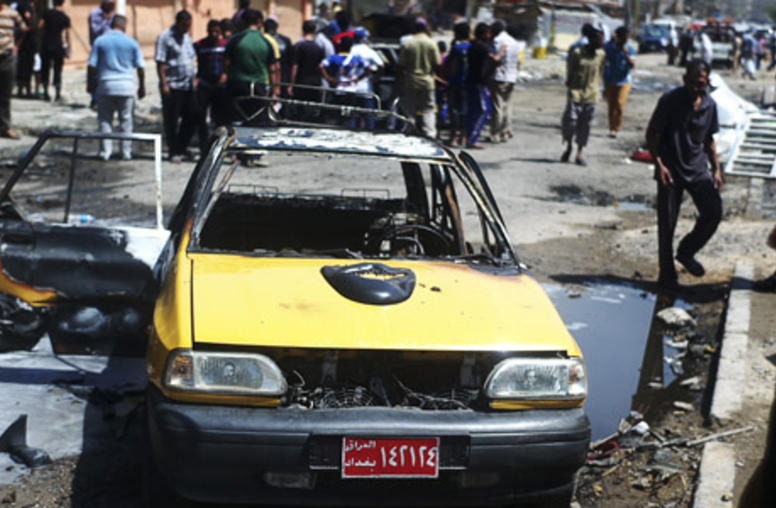
The 'Dark Matter’ of Peacebuilding
While reading a recent issue of Popular Science magazine, I was captivated by an article on “dark matter.” Scientists are trying to wrap their minds around the 85 percent of the universe we cannot yet see or understand. But what struck me were the parallels with the challenges of peacebuilding – the idea that conflict also may be 85 percent “dark matter,” requiring peacebuilders to probe more deeply as we practice our craft.